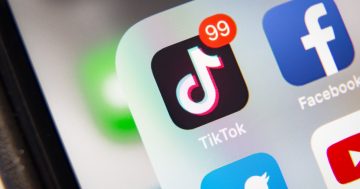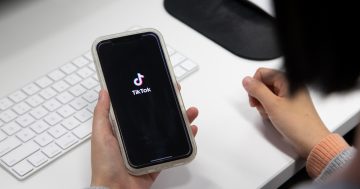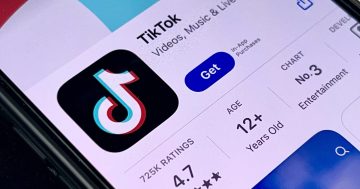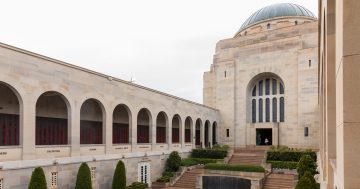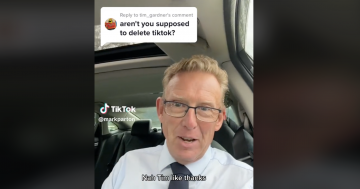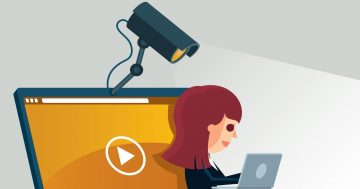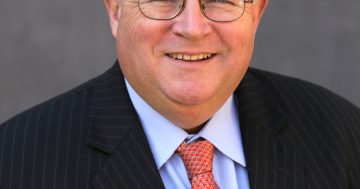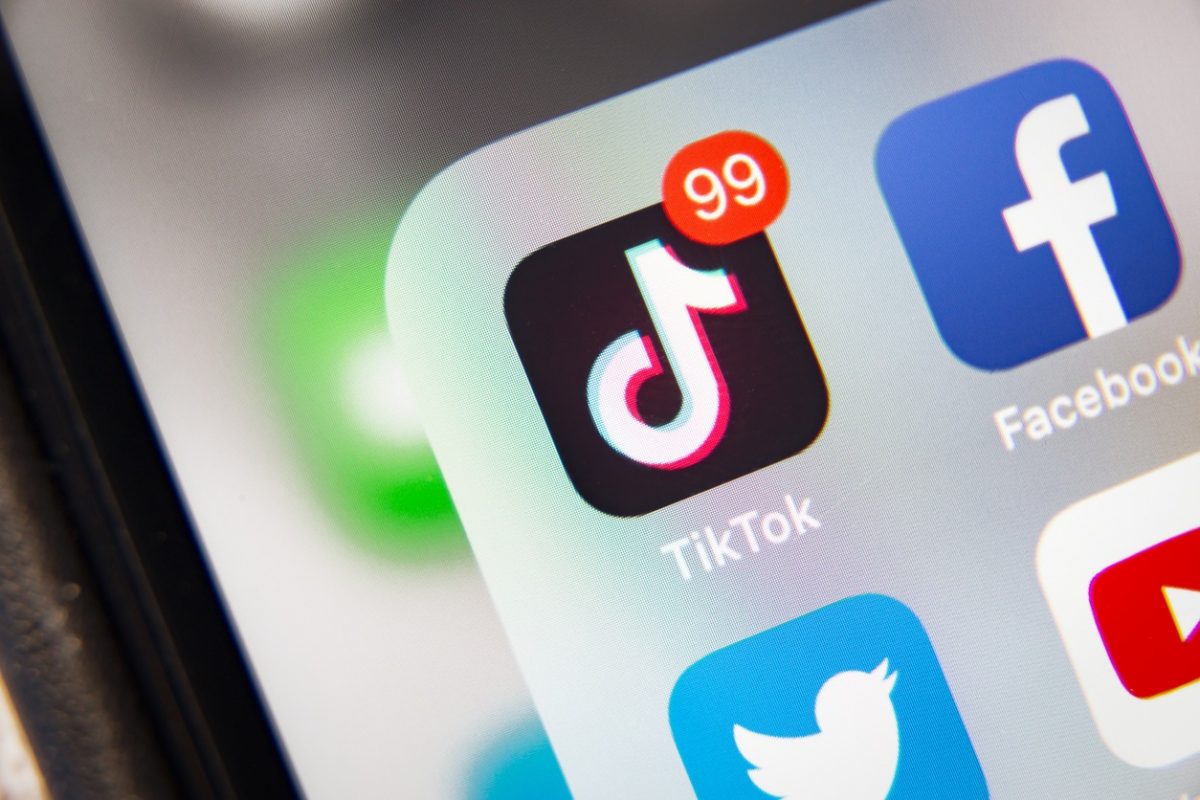
TikTok is being banned by a growing number of APS agencies. Photo: File.
TikTok is becoming a no-go zone for an increasing number of Australian Public Service departments.
The Department of Prime Minister and Cabinet is the latest to order its staff to stop downloading TikTok videos to government-owned computers, phones and other devices.
Being PM&C portfolios, the Australian Public Service Commission and the National Indigenous Australians Agency are also affected.
Fears are growing that the app has ties to the Chinese Government and could threaten Australia’s national security.
The app is owned by Chinese company ByteDance, which has previously denied any wrongdoing, saying it was being used as a “political football” by successive Australian governments.
Scott Morrison looked into the issue when he was prime minister, but he decided against banning the app’s use by public servants.
The Department of Foreign Affairs and Trade has now also banned the use of TikTok by its staff.
Portfolio agencies under DFAT include Austrade, Export Finance Australia and the Australian Secret Intelligence Service.
The two big departments follow bans already in place at the Department of Defence and the Department of Home Affairs.
Other agencies imposing a TikTok ban on their staff include the Department of Agriculture, Fisheries and Forestry, as well as the Department of Climate Change, Energy, the Environment and Water.
Most other agencies still allow employees to use the app, but that is expected to change.
A blanket ban across the whole APS is likely soon.
Chair of the Select Committee on Foreign Interference through Social Media, Liberal senator James Paterson, said there was enough concern about the company’s links to the Chinese Communist Party to be extremely cautious about the use of TikTok in the APS.
“Millions of Australians who have it on their phones are completely unprotected from these threats,” Senator Paterson said.
“The Senate Select Committee on Foreign Interference Through Social Media will get to the bottom of this problem this year and propose concrete solutions the government can implement.”
Senator Paterson has also led the drive to audit government buildings for Chinese-made surveillance cameras.
Hundreds of the devices installed in federal government buildings are likely to be taken down, also in the interests of national security.
The Australian War Memorial has confirmed it will remove 11 cameras from its security systems over the coming months, with the first five being taken down almost immediately.
AWM chair Kim Beazley said the devices were being removed out of caution and not because of any untoward activity being noticed.
But fears are sweeping across government and the public sector that Hikvision and Dahua-branded Chinese cameras could possibly be used as spyware by the Chinese government, even when the cameras are turned off.
British and United States governments have already moved to limit the use of Chinese-made security devices on public buildings following warnings from intelligence experts.
The use of social media by Australian public servants has long been a topic of interest to the top bosses.
The use of various apps has been limited across a number of agencies previously, but not usually for national security reasons involving the Chinese government.












